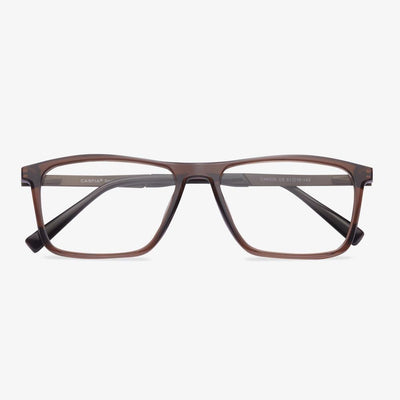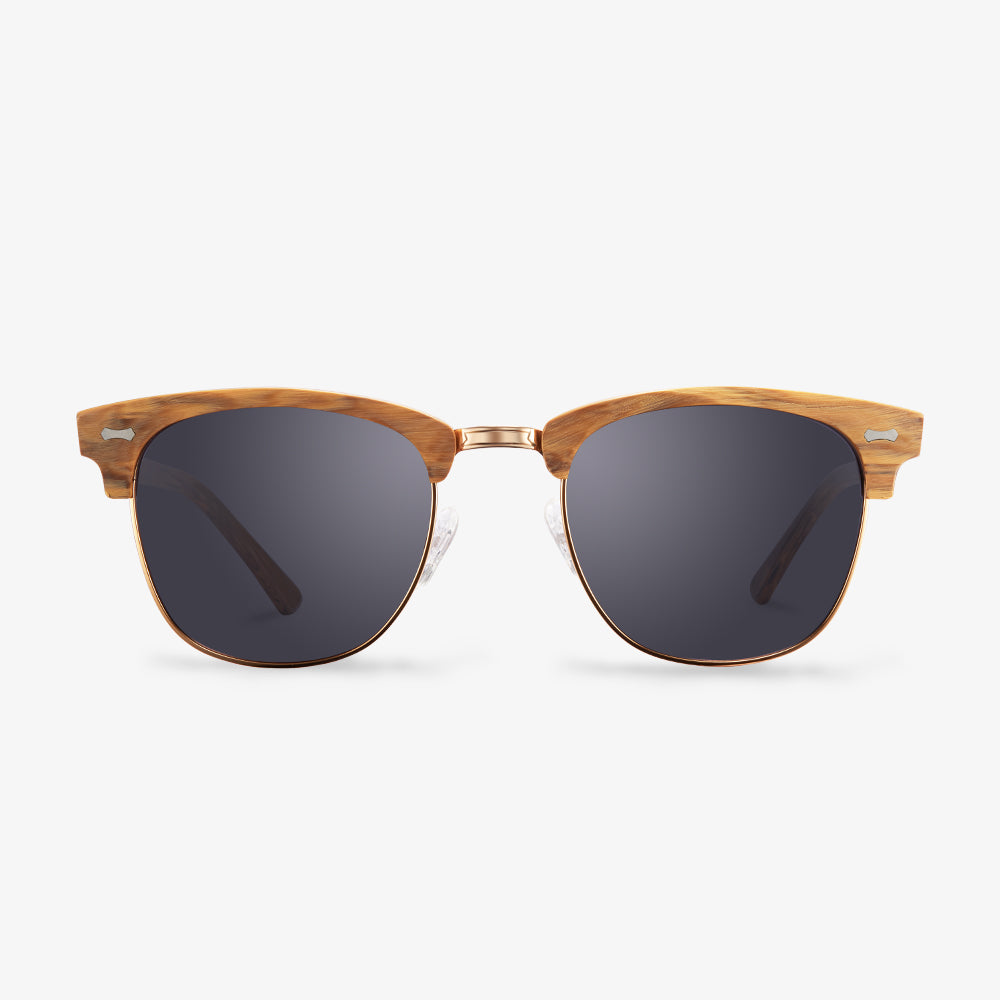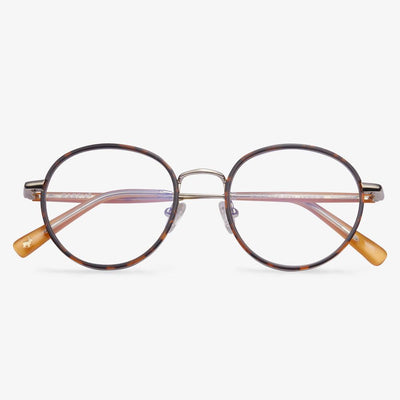Why the lens coating is not uniform?
Sometimes we find differences in the color between the convex and concave surfaces, between the center and the edge of the lens, and the anti-reflection effect between the convex and concave surfaces. his is mainly because the lens coating is that it is plated on one surface and then turned over to another surface. And Areas with small curvature changes are easy to coat. So the center of the lens has reached the desired thickness of the film but the edge has not. At the same time, the different curvature of the convex surface and concave surface causes the different coating speed. So the surface of the lens will show green in the center and lavender red or some other color at the edges.
Sunglasses are a type of non-prescription sunglasses.
Sunglasses are popular non-prescription glasses. As a kind of non-prescription glasses, sunglasses can protect your eyes. Many sunglasses filter out ultraviolet lights, which can be harmful to your eyes. Wearing sunglasses can help keep your eyes healthy. Sunglasses have become fashion's flagship products, and countless products can be sold at different prices. The combination of function and fashion has made sunglasses the favorite type of non-prescription eyewear for consumers.
If you need reading glasses when using a computer, you may want to choose a lower reading glasses power. This is because most people view their screen from a greater distance from their eyes than when they are reading a book or a magazine.
However, if you need reading glasses for looking at something very close or very small, you may need a pair of stronger power glasses.
In most cases, when two reading glasses’ powers seem equally suitable, choose the glasses with the lower power. Picking reading glasses that are too string typically will cause more discomfort problems than reading glasses that are a little too weak.
The correct method for lens cleaning
Wet it with water first, and then add a little detergent or hand sanitizer to each lens. Dip your fingers to the back of the lens, and then scrub with your fingers. Be careful not to use too much force to prevent the lens from being worn out by grit.
The key here is to rinse. First of all, never use hot water, because hot water will cause the lens to expand due to heat, which will crack the film in the resin lens.
Finally, you should rinse with cold water, do not wipe with a cloth, because any glasses cloth or suede can not perfectly wipe the lens, even the more you wipe it, the more indistinct it gets. If there is hard dust in the cloth, it will scratch the lens.
Types of Bifocal Lenses
Flat top: It is a kind of common bifocal lenses. The lower part of the lens is present in the shape of a half-moon or the letter D on its side. The upper part and the lower part of the lens can be clearly distinguished from each other. The patient using such a bifocal lens has the choice of choosing the length of the lower segment which is either 25 mm or 28 mm.
Round seg: the second type of bifocal lens we want to mention is the round seg. The segment is either 22 or 24 mm in length and it provides more are to adjust between the two different types of vision easily. This type is very rarely used nowadays.
Blended: this type of bifocal lens has the lower part of the lens in a round shape and the edges of the lens are blended with the upper lens making the lens appear as one.
Contact Lens Materials - Nesofilcon A and Omafilcon A
Nesofilcon A is super water glue. This is the proprietary material of Bausch & Lomb and is now used in only one product, the Bausch & Lomb Pure Suncast (launched in the US in 2012). Water content is 78%, and the oxygen permeability is DK/T =42.
Through PC Technology, the Omafilcon A material contains substances that mimic the composition of cell membranes--- including human eyeball cells, and locks water, and prevents dryness.
Single Vision Lens
Single vision is the most commonly used prescription lens. This lens type has a single field of view or a prescription ability of the entire lens and can be used to correct myopia (nearsightedness) or hyperopia (supervision). Some people need glasses to keep their distance and read. Instead of having a pair of single-vision glasses for each pair of glasses, bifocal or progressive glasses may be a more convenient choice. Unlike single vision, bifocal and progressive lenses are multifocal lenses with multiple focal points, such as distance and near distance. People whose prescription for spectacles list the numbers in the 'ADD' section require bifocals, progressive glasses, or reading glasses because your glasses need to add ADDitional to the distance prescription to see close distances.











































